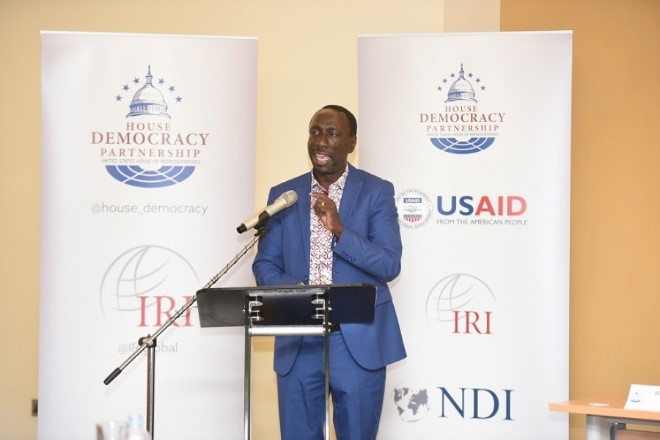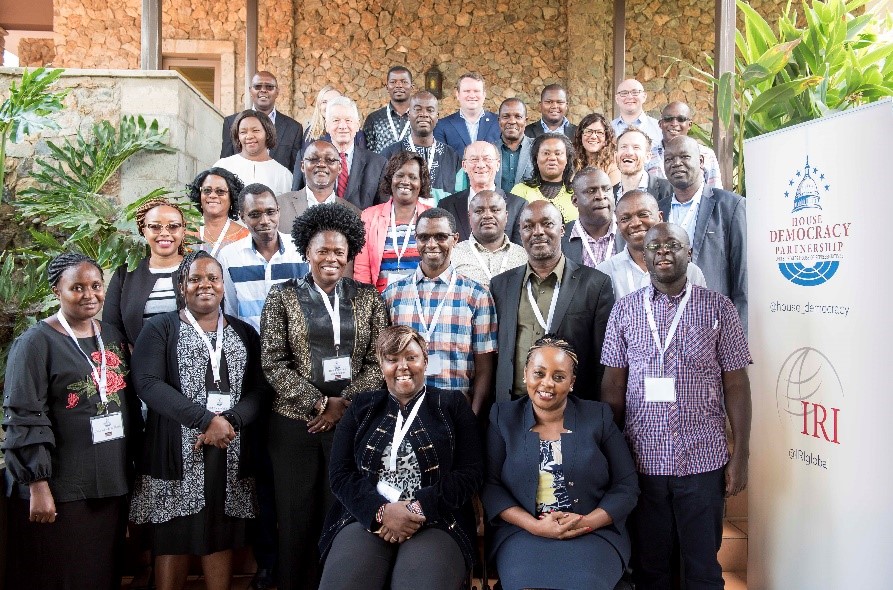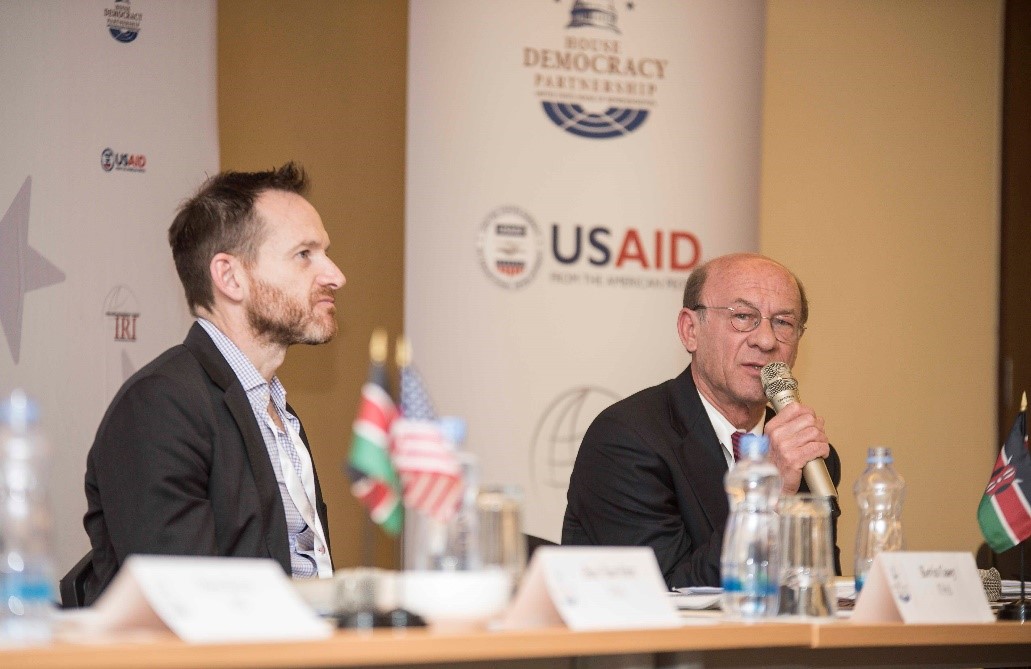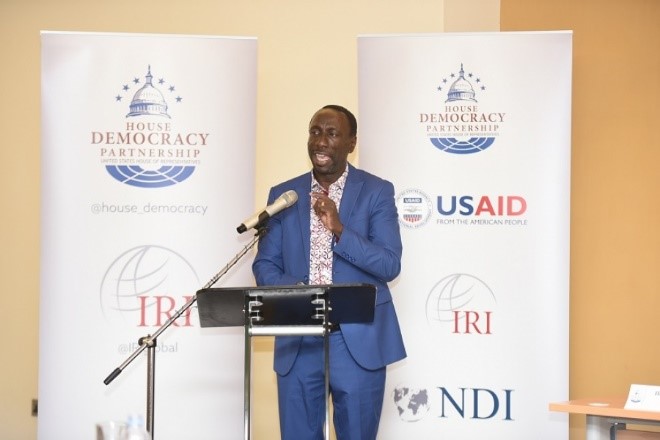
Countless hours of preparation and work go into running for parliament. Once elected, it might seem like the hard work is over. But in reality, the work is only just beginning.
Newly elected parliamentarians are faced with the challenges of navigating the legislative process, developing relationships with colleagues and establishing a connection with citizens. Much of this is done with no basic training. Instead, newly elected parliamentarians are left with a mandate to represent, but very few resources to fulfill that mandate.
IRI has recognized that this lack of training and resources can be a contributing factor to parliaments having high turnover rates, which in turn can slow down a legislative body’s ability to produce effective results for citizens. To assist with acclimating newly elected parliamentarians to the roles and responsibilities of being a representative, IRI works with the House Democracy Partnership (HDP) to conduct introduction seminars and workshops for newly elected parliamentarians with HDP partner legislatures that experience high turnover rates.
Most recently, IRI worked with HDP to conduct an Africa Regional Seminar on the roles and responsibilities of newly elected parliamentarians. IRI and HDP, in partnership with the Parliament of Kenya, co-hosted a seminar with members of parliament from Kenya and Liberia to discuss a series of topics that might be helpful to newly elected parliamentarians. A particular emphasis was placed on the importance of engaging and informing citizens throughout the legislative process.

The seminar, held in Naivasha, Kenya, brought together the two parliaments to learn from each other as well as a U.S. delegation to share their experiences and technical expertise. As a co-host, the Parliament of Kenya was able to share their experiences and legislative structures with their colleagues from the Liberian House of Representatives. The U.S. delegation, which featured former Congressmen Tim Petri (R-WI) and Mike Kopetski (D-OR), were able to discuss their challenges in learning how to navigate the U.S. House of Representatives and how they were able to build strong relationships with citizens from their districts. Additionally, Democratic Caucus Policy Director Kevin Casey was able to work with parliamentarians and legislative staff on technicalities related to ethics, committees, citizen engagement and oversight during hands-on workshops held throughout the seminar.

Both the Kenyans and Liberians were able to take the conversations from the seminar and return to their respective legislative bodies with ideas on how to further connect with citizens and include them in the legislative process. Hon. Sam Enders, Member of the House of Representatives of Liberia, reflected, “some of the things I have gathered from this seminar, such as oversight and getting citizens involved in order to learn about the issues that affect them,” were some of his key takeaways. Deputy Speaker of the National Assembly of Kenya, Moses Cheboi, recognized that HDP and IRI have had a long history of collaboration, “The National Assembly is indebted to the House Democracy Partnership for the support offered when establishing the Parliamentary Budget Office (PBO) and the Parliamentary Research Services (PRS) that were modeled along the Congressional Budget Office (CBO) and Congressional Research Services (CRS), respectively.”

IRI and HDP will continue to work with African legislatures as well as legislatures around the world through peer-to-peer programs for working with newly elected parliaments. Although every parliament is unique and each parliamentarian faces a different set of challenges, the HDP Africa Regional seminar provided an opportunity to recognize similarities and learn from each other’s differences. “We learned that the way they do things, is not so much different from the way we do things,” said Hon. Catherine Wabilianga, Member of the National Assembly of Kenya.
Top